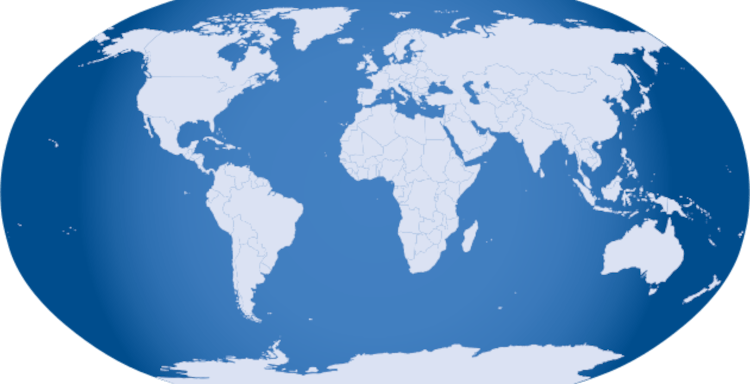Proposed laws on the cusp of passage in Brazil and Argentina could lead to “a radical change in the global dynamics of production of industrial hemp and medicinal cannabis,” according to Latin America’s leading hemp industry group.
Lorenzo Rolim da Silva, president of the Latin-American Industrial Hemp Association said if the new cannabis laws are enacted, they will let the two countries realize their full potential in international markets.
“Both designs are quite robust and modern, and would bring both countries in line with current regulations in the European Union and North America,” Rolim da Silva said.
In Brazil, a vote expected before the end of 2021 means regulations could be in place some time next year. Argentina’s proposed law, already approved by legislative committees on agriculture, finance and national security, awaits the final step of passage by the country’s senate, with the chance it may also become effective in 2022.
Mainstreaming hemp
Both countries would treat industrial hemp the same as common crops such as soybeans and corn, with oversight by the Argentinian and Brazilian ministries of agriculture only, and no involvement by drug agencies.
With agriculture playing a critical role in each nation’s economy, the new laws would let hemp move into the farming mainstream in two of the world’s major agricultural nations, both of which are advantageously located for hemp growing.
The laws would also ease access to cannabinoid-based medicines in large, rapidly growing domestic consumer markets currently served by imports. Local production could supplant those imports with cheaper, better-quality products, da Silva suggested.
Brazil’s potential
Brazil is the world’s fourth-largest farming country behind China, India and the United States, with the potential to grow hemp on a massive scale, opening opportunities for the production of grain and fiber.
While hemp is relatively unknown as a food among the country’s 212 million consumers, marketing can change that over time while hemp can immediately join other commodities currently being exported by the nation’s farmers.
Brazil is also a leader in the global cellulose and paper industry, primarily an export market, but one in which hemp inputs can be expected to expand as demand for sustainable raw materials grows.
Observers say the potential for medical cannabis in Brazil – which ranks fourth among global pharmaceutical markets – could surge with passage of the new legislation, with estimates the sector could reach turnover of $4.7 billion in the next three years.
Argentina’s whole-plant approach
The hemp and medical cannabis industries in Argentina could generate 10,000 new jobs, $500 million in domestic sales and $50 million in exports annually, according to government estimates.
The draft bill in Argentina advocates a whole-plant approach to hemp while it aims to exploit the crop for its health and environmental benefits in addition to its potential for economic development. Hemp can serve as a replacement for a shrinking tobacco sector, and lead to innovation in technology and product development, the government has suggested.
New value chains, investment
Argentina’s position as a global leader in agricultural production, its scientific research expertise, structure of laboratories and broad network of suppliers make the country a potential medical cannabis powerhouse.
The government has said the proposed law would provide Argentinian consumers greater access to medical cannabis, and boost economic development by establishing new value chains in the country’s provinces.
Enactment of the country’s new law is certain to spark a wave of investment into the cannabis sectors in Argentina’s market of 45 million consumers, stakeholders have said.

